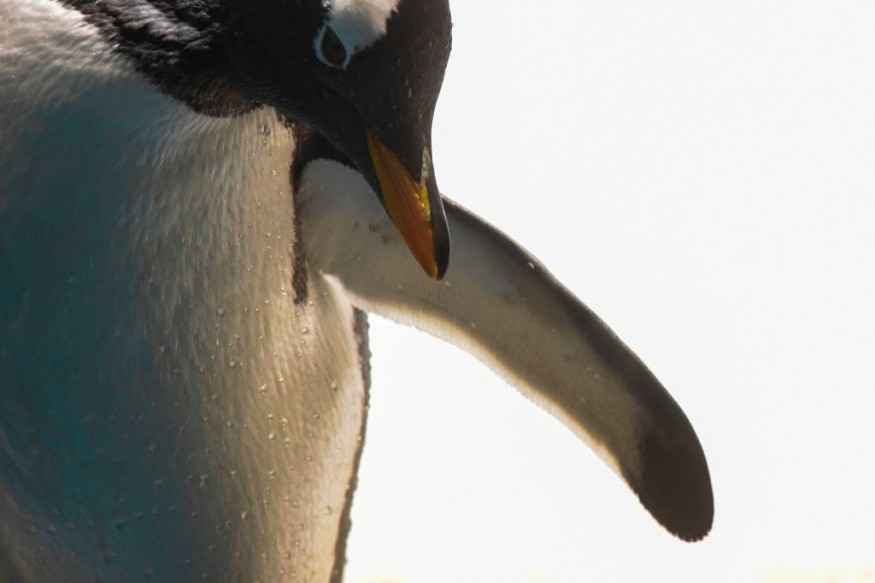
Novel penguin populations were spotted in the Antarctic as warming climate attributed to the global warming, driving species southward.
On Andersson Isle, in the Antarctic Territory's east coast, investigators found a fresh hive of gentoo penguins and the penguins' initially reported sightings in an unknown area near the northeastern point.
New Penguin Colonies Spotted
It is one of the area's southernmost recordings for gentoo penguins, where it was previously too frigid for the more humid species to effectively rear babies.
Originally, just one lone gentoo habitat was discovered thus far south. On Andersson Peninsula, investigators uncovered a nest of 75 gentoo babies throughout a subsequent investigation.
Mainly fueled by the inexorable utilization of carbon energy, growing worldwide warming, is resulting lasting damage in arctic territories, such as the swift disappearance of glaciers and ice sheets. The landmass introduces a clear high temperature account, reaching 18.3C in February 2020.
According to Petteri Taalas, general secretary of the World Meteorological Organization, the Antarctic Island is known to be quickest region with increasing temperatures on the planet, depleting by nearly 3C in the last five decades.
"This latest climate system is thus constant with the global warming that we are seeing," he added.
Penguins can also offer additional early alerts about the wellbeing of the Antarctic environment.
A further notable voyage, for instance, discovered that chinstrap penguin territories on Elephant Archipelago had declined by up to 77% in the last five decades.
The gentoo penguin is distinguished by a white patch throughout its forehead, a bright crimson beak, and a lengthy tail that flicks from both sideways when it ambles.
Broadly speaking, penguin species are the 3rd largest, following imperial and royal penguins, and may reach heights of 90cm. They are the quickest penguins when it comes to diving down, attaining performance of up to 22mph.
Experts are conducting the very first census of their hives, addressing critical information deficiencies on the gentoos' condition.
Climates Crisis Poses A Threat To Penguins
The experts were aboard the Arctic Sunrise vessel as participants of a Greenpeace mission to the vicinity.
In an interview voyage leader and instructor of biology and ecology at Stony Brook College in New York, Heather Lynch, clarified that the journey implicated aerial surveys on foot, for the very first time, critical aspects of the mainland where penguin territories was already sighted from space telescopes.
"Identifying these distant islands will provide us with a deeper comprehension as to how the town's penguins are reacting to extreme weather events," Lynch explained.
"As predicted, we're discovering gentoo penguins just about all around us, providing empirical support that global warming is severely altering the populations combine here on the Polar Region."
While Ms. Louisa Casson, Greenpeace's Safeguard the Coastal movement defined it and states that the global warming occurring today next to with us eyes.
"In Antarctica, among the utmost isolated locations on the planet, we are witnessing a 'gentoofication' phenomenon in which this subspecies of penguin is expanding into suitable environment and reproducing farther south: a biological representation of ice sheet disappearance," she further said.
Casson urged states to sign a proposed World's Oceans Agreement that will safeguard at least 30% of the world's seas by 2030.
"Penguins and people everywhere simply cannot wait: we urge lawmakers to act immediately to safeguard the oceans," she continued.
The results were revealed public on Thursday to coincide with Global Penguin Recognition Day.
© 2026 NatureWorldNews.com All rights reserved. Do not reproduce without permission.





